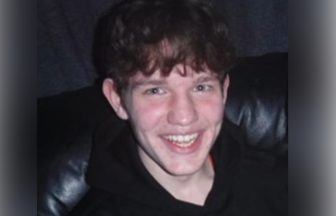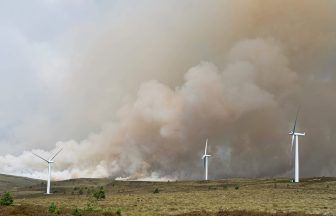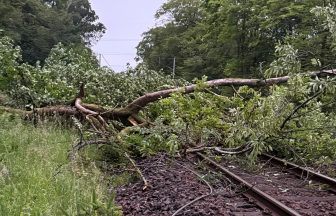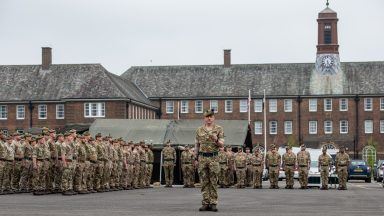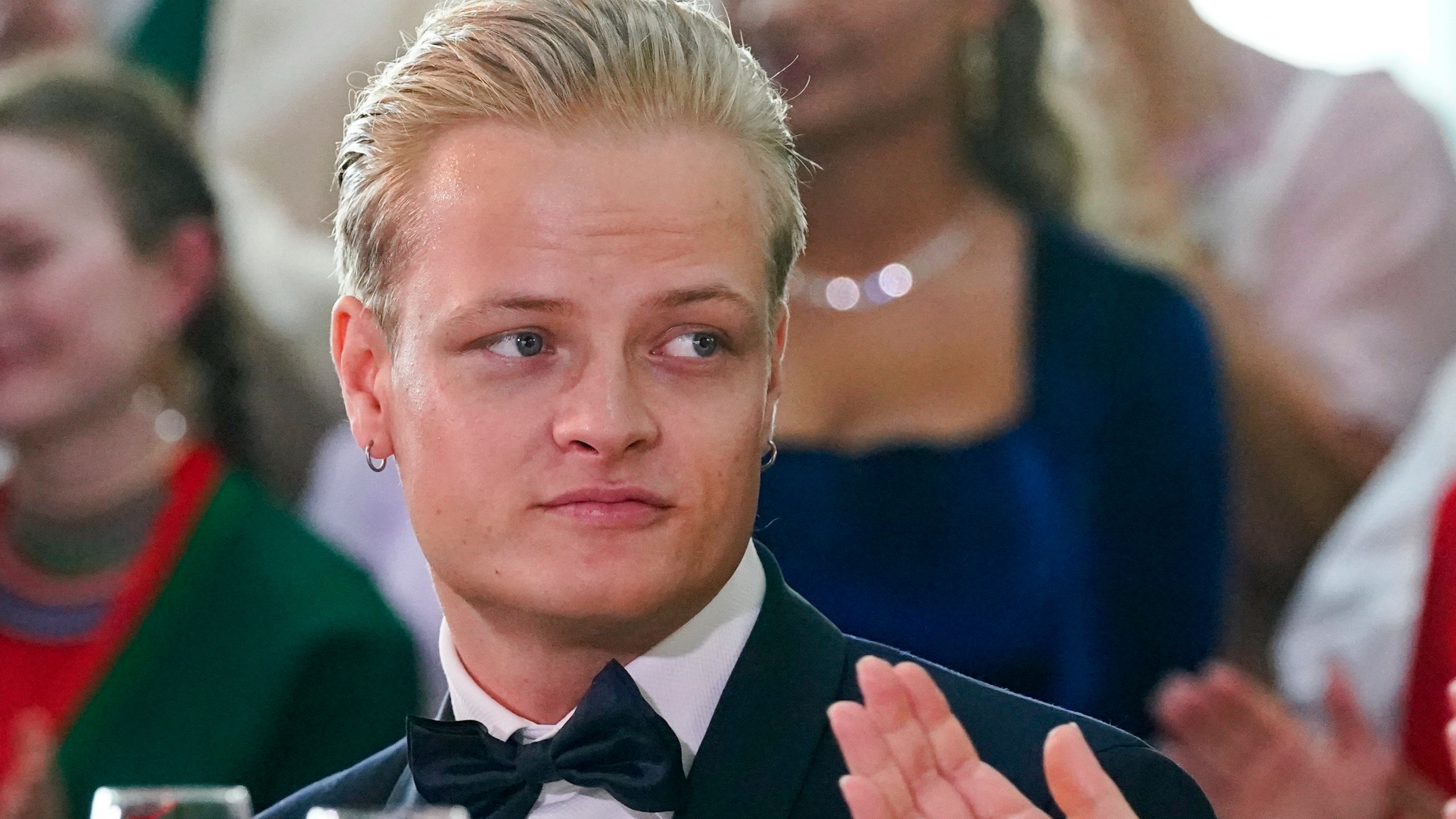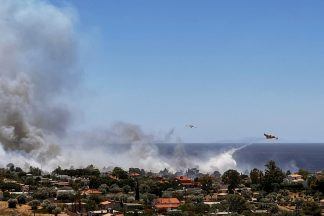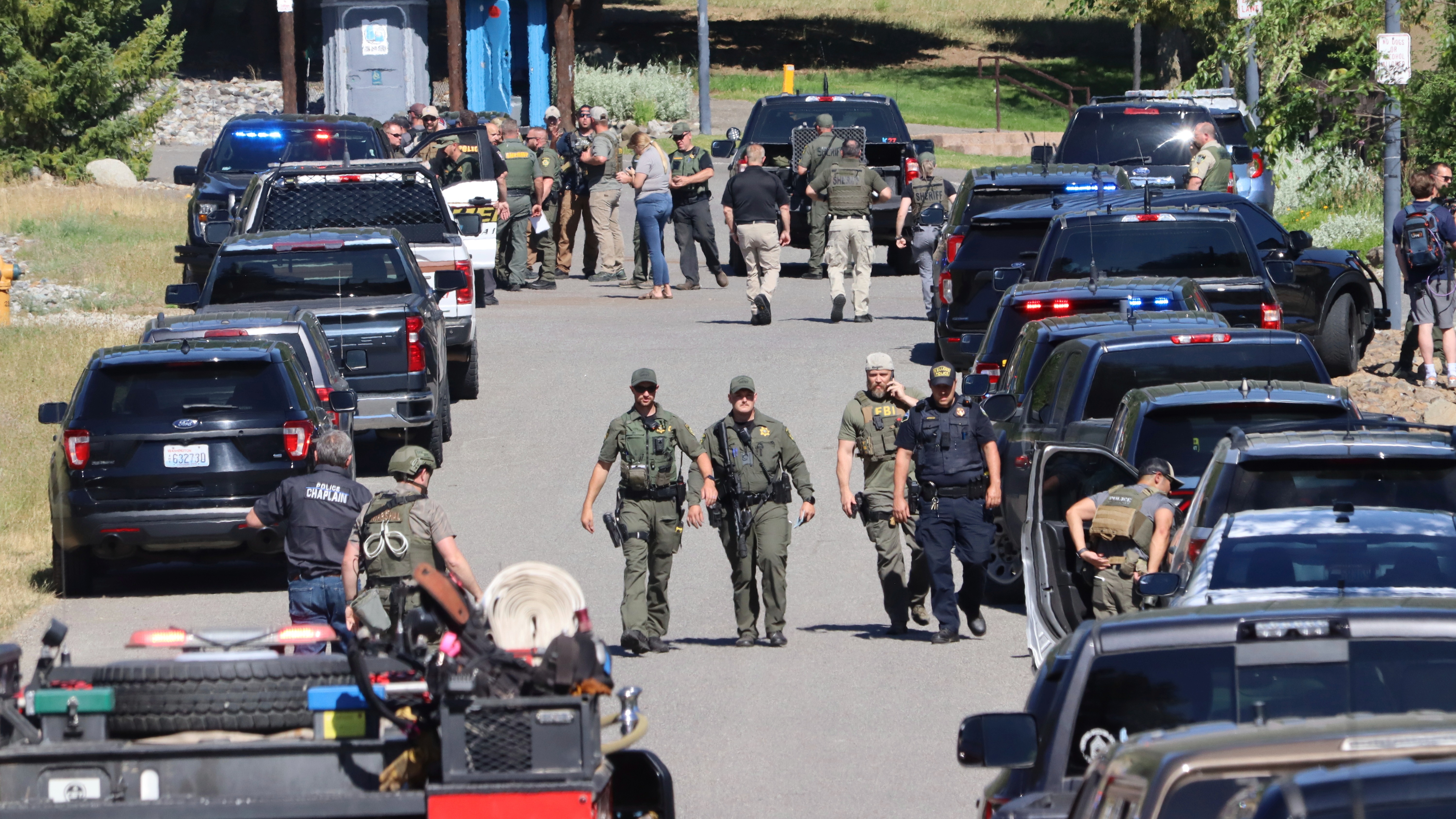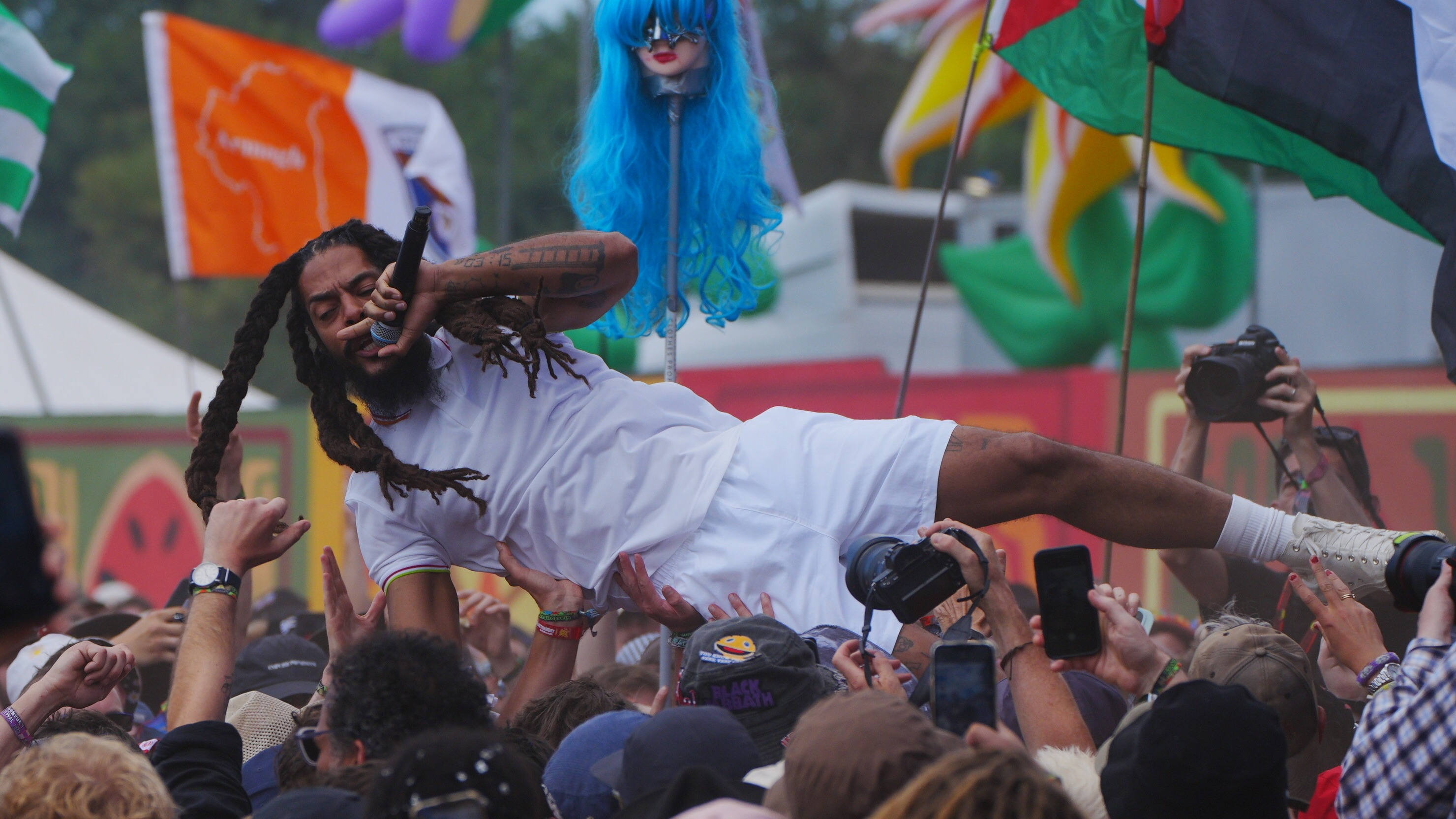South Korean prosecutors have indicted impeached President Yoon Suk Yeol on rebellion in connection with his short-lived imposition of martial law.
The criminal charge could incur the death penalty or life imprisonment if Yoon is convicted.
This is the latest blow to Yoon, who was impeached and arrested over his December 3 martial law decree that plunged the country into political turmoil, shook its financial markets and hurt its international image.
Separate from criminal judicial proceedings, the Constitutional Court is now deliberating whether to formally dismiss Yoon as president or reinstate him.
Yoon, South Korea’s first president to be indicted while in office, will remain jailed and be escorted from a detention facility to a Seoul court for hearings in the trial, which is expected to last about six months.
Yoon’s defence team confirmed his indictment on a rebellion charge, calling it “the worst decision” by prosecutors who they say are trying to curry favour with political forces who want Yoon’s exit.
“Today’s indictment of the president will remain as a shame in the history of South Korean prosecutors that they cannot erase,” Yoon’s defence team said in a statement.
“We stress once again that a president’s declaration of martial law can never be rebellion.”
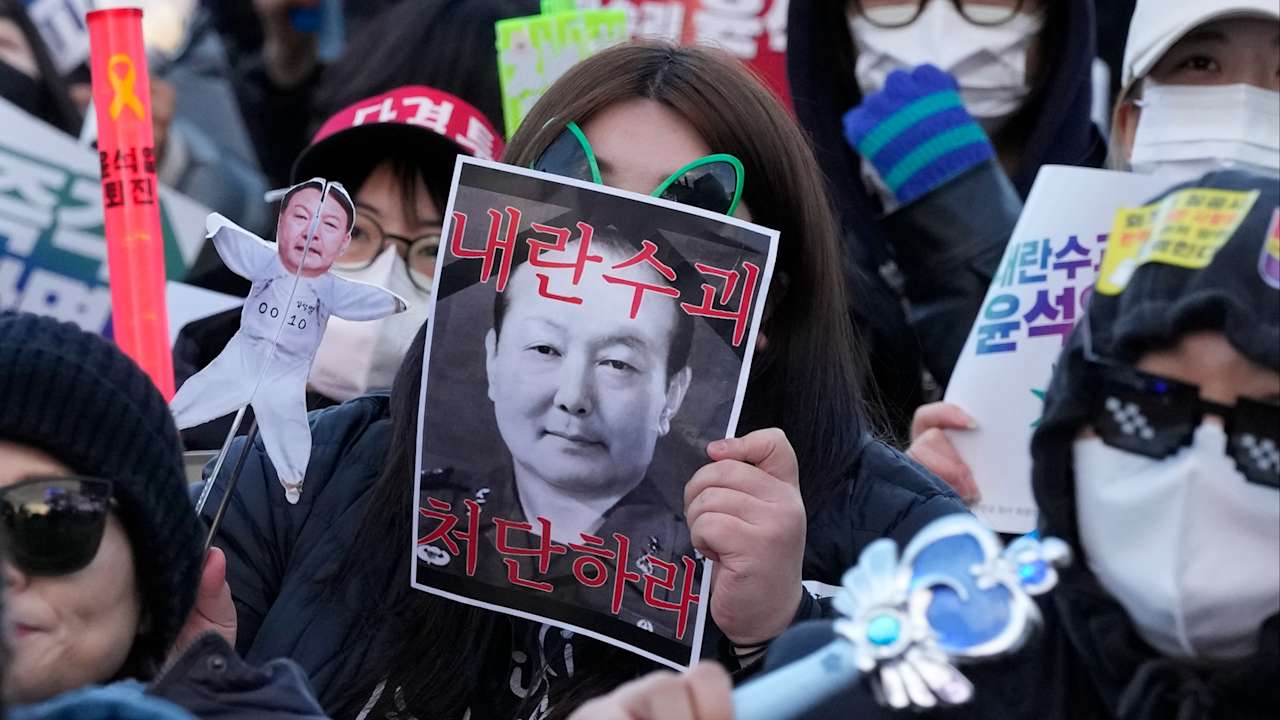
Prosecutors indicted Yoon on charges that he directed a rebellion when he imposed martial law, according to local media, with investigative authorities alleging that he staged riots with the purpose of undermining the constitution.
Yoon, a conservative, has steadfastly denied any wrongdoing, calling his declaration of martial law a legitimate act of governance meant to raise public awareness of the danger of the liberal-controlled National Assembly, which obstructed his agenda and impeached top officials.
During his announcement of martial law, Yoon called the assembly “a den of criminals” and vowed to eliminate “shameless North Korea followers and anti-state forces”.
Yoon sent troops and police officers to the assembly, but enough lawmakers still managed to enter an assembly chamber to vote down Yoon’s decree unanimously, forcing his cabinet to lift it.
The martial law imposition, seen by many as a brazen power-grab, lasted for only six hours.
It evoked painful memories of past dictatorial rules in South Korea in the 1960s-80s when military-backed rulers used martial laws and emergency decrees to suppress opponents.
South Korea’s constitution gives the president the power to declare martial law to keep order in wartime and other comparable emergency states, but many experts say the country wasn’t under such conditions when Yoon declared martial law.
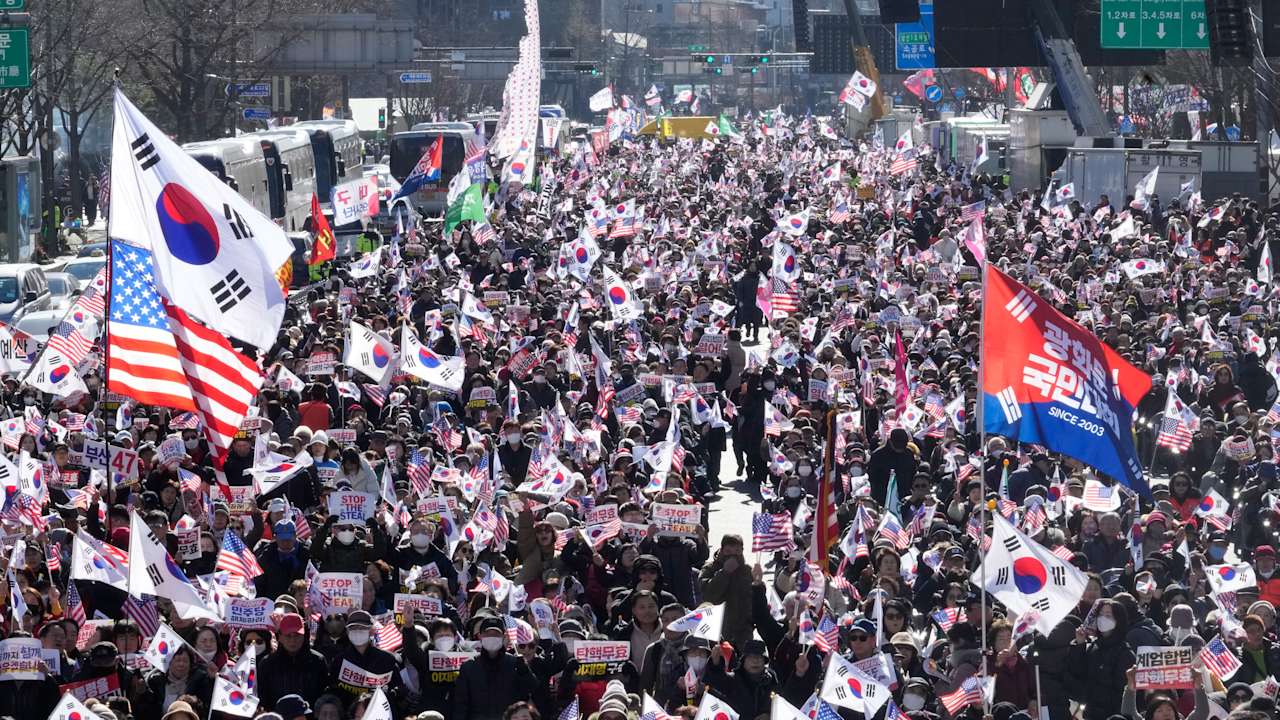
Yoon insists that he had no intentions of disrupting assembly work, including its floor vote on his decree and that deploying troops and police forces was meant to maintain order.
However, commanders of military units sent to the assembly have told assembly hearings or investigators that Yoon ordered them to drag out lawmakers to prevent them from overturning his decree.
After a local court on January 19 approved a formal arrest warrant to extend Yoon’s detention, dozens of his supporters stormed the court building, destroying windows, doors and other property.
They also attacked police officers with bricks, steel pipes and other objects. The violence left 17 police officers injured, and police said that they detained 46 protesters.
Yoon earlier resisted efforts by investigative authorities to question or detain him. He then was apprehended on January 15 in a huge standoff with law enforcement at his presidential compound.
Since his arrest, Yoon has refused to attend questioning sessions by the Corruption Investigation Office for High-Ranking Officials (CIO), saying it has no legal authority to investigate rebellion allegations.
The CIO has said that it can investigate Yoon’s rebellion allegation because it’s related to his purported abuse of power and other allegations.
Yoon’s case was handed over by the CIO to the Seoul prosecutors’ office on Friday and asked it to indict him on charges of rebellion, abuse of power and obstruction of the National Assembly.
Prosecutors reportedly indicted Yoon only on rebellion, considering that Yoon had presidential immunity from other charges.
Yoon’s defence minister, police chief and several other military commanders have already been arrested on alleged rebellion, abuse of power and other charges related to the martial law decree.
If the Constitutional Court rules to drive Yoon out of office, a national election to choose his successor must be held within two months.
Recent public surveys show that governing and opposition party candidates are running neck-and-neck in a possible presidential by-election race.
Want a quick and expert briefing on the biggest news stories? Listen to our latest podcasts to find out What You Need To Know…
Follow STV News on WhatsApp
Scan the QR code on your mobile device for all the latest news from around the country



